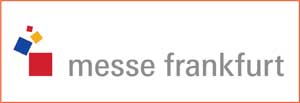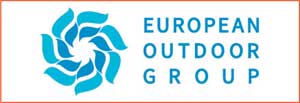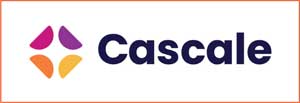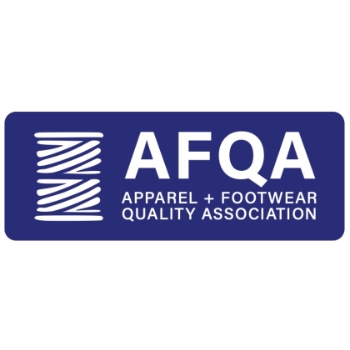 AFQA
AFQA
The Apparel and Footwear Quality Association (AFQA) is a new collaborative forum of apparel and footwear companies that aims to improve physical textile testing to...
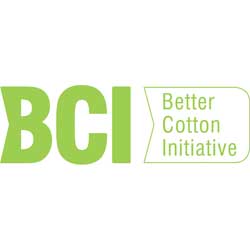 Better Cotton Initiative
Better Cotton Initiative
The Better Cotton Initiative (BCI) is a holistic approach to sustainable cotton production, which covers environmental, social and economic issues. It’s designed to...
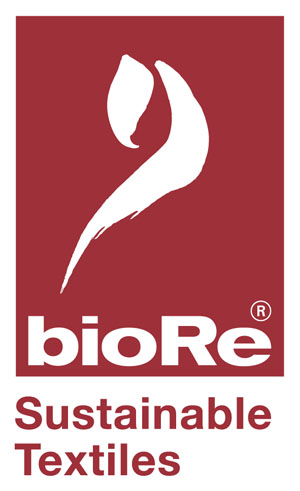 bioRe
bioRe
Updated in 2019, the bioRe label is operated by Swiss-based Remei Foundation, which defines the standards for bioRe Sustainable Cotton and subsequent bioRe Sustainable...
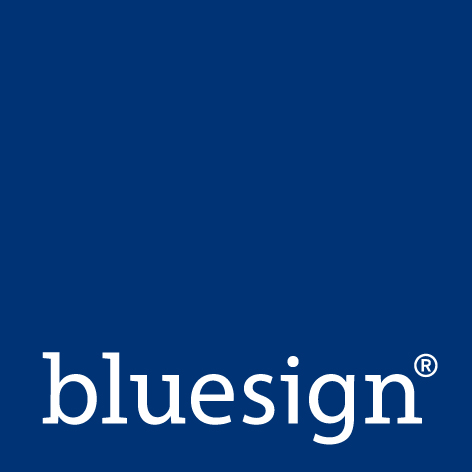 Bluesign Technologies
Bluesign Technologies
Focusing on consumer safety and the environment, the Swiss-based bluesign system examines natural resources and chemicals used in textile production, occupational health...
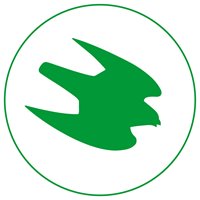 Bra Miljöval
Bra Miljöval
The Bra Miljöval standard was developed by the Swedish Society for Nature Conservation (SSNC) and translates as ‘Good Environmental Choice’ in English. It is...
 BREF IPPC
BREF IPPC
The reference documents on best available techniques (BREF) are a series of documents that reflect an information exchange in the European Union carried out according to...
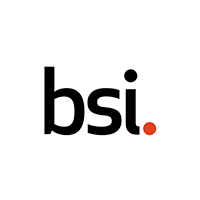 BS 8001: 2017 Circular Economy
BS 8001: 2017 Circular Economy
A framework standard from the British Standards Agency (BSI) for implementing the principles of the circular economy within organisations.
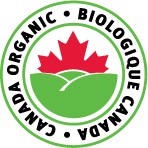 Canada Organic Regime
Canada Organic Regime
The Canada Organic Regime is a food based standard, but it’s interesting from a textiles point of view because in June 2009, an ‘equivalency agreement’ was signed...
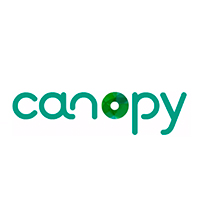 Canopy: Hot Button Ranking
Canopy: Hot Button Ranking
The Hot Button Ranking scheme, from environmental NGO CanopyStyle, provides an overview of the work undertaken by leading viscose producers to ensure that the raw...
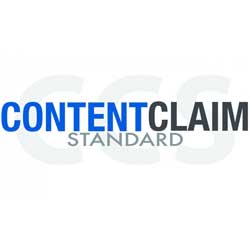 Content Claim Standard
Content Claim Standard
The Content Claim Standard is a voluntary standard that can be used to trace a material through the supply chain or used as a back-up for content claims if other...
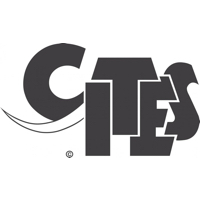 Convention on International Trade in Endangered Species of Wild Fauna and Flora (CITES)
Convention on International Trade in Endangered Species of Wild Fauna and Flora (CITES)
The Convention on International Trade in Endangered Species of Wild Fauna and Flora (CITES) is a voluntary, international agreement between participating governments. It...
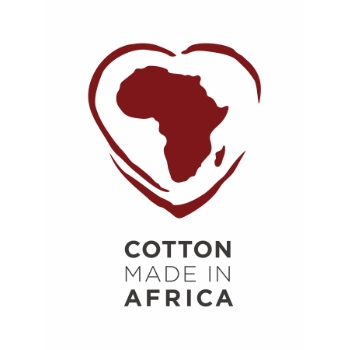 Cotton made in Africa
Cotton made in Africa
Cotton made in Africa (CmiA) is an independent standard for sustainable and traceable cotton. Through diversification, resource efficiency and innovative approaches,...
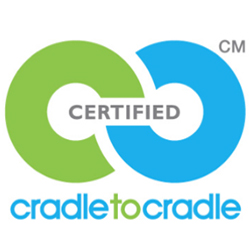 Cradle to Cradle
Cradle to Cradle
The Cradle-to-Cradle standard assesses product safety to humans and the environment, as well as product design for material reuse using a four-tier improvement system,...
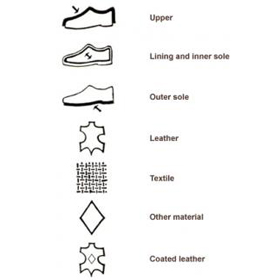 Directive 94/11/EC - Labelling applying to materials used in footwear
Directive 94/11/EC - Labelling applying to materials used in footwear
Directive 94/11/EC is a legal act of the European Union concerning the labelling of materials used in footwear, including parts sold separately. The European Union has...
 Directive on common rules promoting the repair of goods
Directive on common rules promoting the repair of goods
Directive (EU) 2024/1799, adopted on June 12, 2024, aims to promote the repair of consumer goods to enhance sustainability and reduce waste by establishing common rules...
 Directive on empowering consumers for the green transition
Directive on empowering consumers for the green transition
The Directive on Empowering Consumers for the Green Transition, adopted on 20th February, 2024, is an upgrade to previous EU directives (2005/29/EC and 2011/83/EU), to...
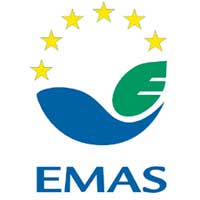 EMAS
EMAS
The EU Eco-Management and Audit Scheme (EMAS) regulation is a management tool for companies and other organisations to evaluate, report and improve their environmental...
 EU 1007/2011
EU 1007/2011
Introduced at the end of 2011, this EU regulation has brought together three previous regulations – directives covering ternary fibre mixtures (73/44/EEC), binary...
 EU Circular Economy Action Plan
EU Circular Economy Action Plan
Adopted by the European Commission in March 2020, the Circular Economy Action Plan (CEAP) it is one of the main building blocks of the European Green...
 EU Deforestation Regulation
EU Deforestation Regulation
The EU Deforestation Regulation (Regulation (EU) 2023/1115) aims to reduce the impact of the European Union’s contribution to global deforestation and forest...
 EU Ecodesign for Sustainable Products Regulation
EU Ecodesign for Sustainable Products Regulation
First published in March 2022, and coming into force in July 2024, the Ecodesign for Sustainable Products Regulation (ESPR), builds on the existing Ecodesign Directive...
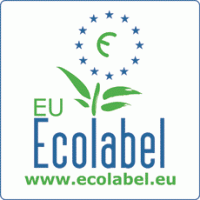 EU Ecolabel:Textiles
EU Ecolabel:Textiles
The European Ecolabel system allows the products of manufacturers, retailers or service providers to carry the distinctive ‘Flower’ label for marketing purposes...
 EU Environmental Compliance Assistance Programme (ECAP)
EU Environmental Compliance Assistance Programme (ECAP)
It is often complicated for small and medium sized businesses to completely comply with environmental legislation and have a comprehensive vision of short and long term...
 EU Regulation 834/2007
EU Regulation 834/2007
This regulation was developed to regulate the organic farming sector within and beyond the European Union. The use of the term ‘organic’ with the regulation...
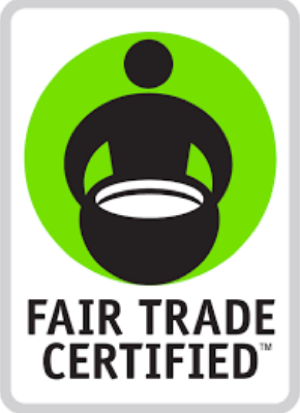 Fair Trade
Fair Trade
When a product is ‘Fair Trade Certified’ it has demonstrated that it meets rigorous social, environmental and economic standards outlined by the initiative’s...
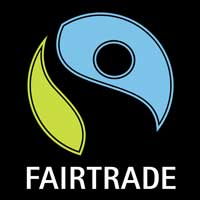 Fairtrade International
Fairtrade International
Fairtrade Labelling Organisations International (FLO), also known as Fairtrade International, is a non-profit multi-stakeholder organisation which develops and reviews...
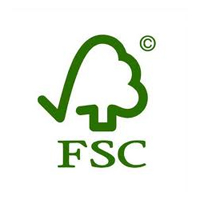 Forest Stewardship Council
Forest Stewardship Council
The Forest Stewardship Council is an independent, non-governmental organisation established to promote the responsible management of the world’s forests using...
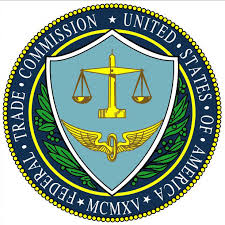 FTC - Green Guides
FTC - Green Guides
The Federal Trade Commission's (FTC) Green Guides provide guidance to help marketers avoid making false or misleading claims about the environmental benefits of their...
 FTC Recycled Content
FTC Recycled Content
According to the FTC Recycled Content guidelines, it is deceptive to misrepresent, directly or by implication, that a product or package is made of recycled content.
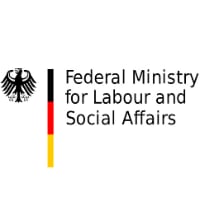 German Supply Chain Due Diligence Act
German Supply Chain Due Diligence Act
The Act on Corporate Due Diligence Obligations in Supply Chains came into force in Germany on January 1st, 2023, and requires that German enterprises to respect human...
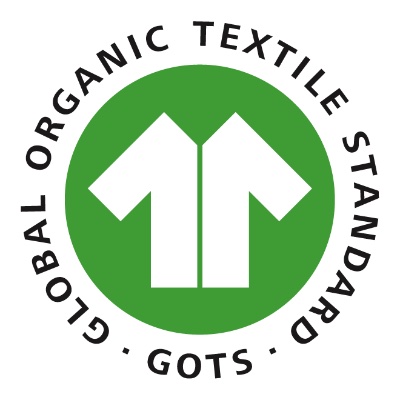 Global Organic Textile Standard (GOTS)
Global Organic Textile Standard (GOTS)
The Global Organic Textile Standard (GOTS) is an international standard for processing certified organic fibres. It encompasses stringent ecological, social, and human...
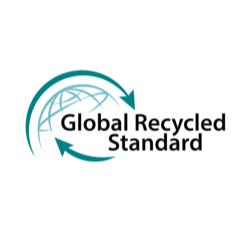 Global Recycled Standard
Global Recycled Standard
The Global Recycled Standard (GRS) addresses input material verification, chain of custody, environmental principles, social requirements, and labelling for textile...
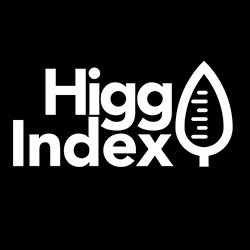 Higg Index
Higg Index
The Higg Index, is a suite of self-assessment tools developed and owned by Cascale that assesses the manufacturing, brand and product impacts of textile and consumer...
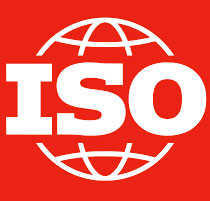 ISO: IWA 32:2019
ISO: IWA 32:2019
Published in April 2019, this ISO standard relates to the screening of genetically modified organisms (GMOs) in cotton and textiles.
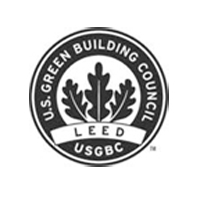 LEED
LEED
LEED, whose name originates from the acronym for Leadership in Energy and Environmental Design, was launched in March 2000 by the US Green Building Council.
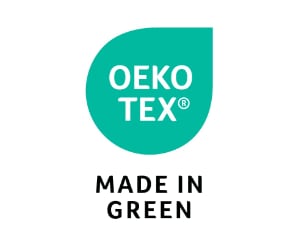 Made in Green by Oeko-Tex
Made in Green by Oeko-Tex
Made in Green by Oeko-Tex is a traceability label for textiles tested for harmful substances and the use of sustainable production practices and technologies...
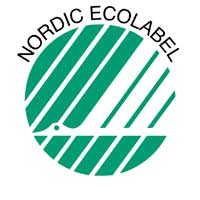 Nordic Ecolabel
Nordic Ecolabel
The non-profit Nordic ‘Swan’ Ecolabel is a voluntary license designed to help companies make and indicate products to the consumer that are more sustainable. It is...
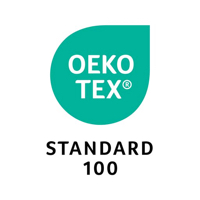 Oeko-Tex 100
Oeko-Tex 100
The Oeko-Tex Standard 100, introduced in 1992, is a global uniform testing and certification system for textile raw materials, intermediate products, and end products at...
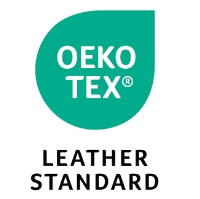 Oeko-Tex Leather Standard
Oeko-Tex Leather Standard
Launched in 2017, the Oeko-Tex standard for leather goods allows producers and suppliers of leather goods to have their products certified and tested for harmful substances.
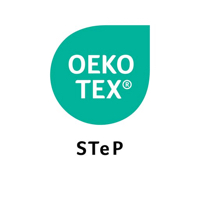 Oeko-Tex Sustainable Textile Production - STeP
Oeko-Tex Sustainable Textile Production - STeP
Sustainable Textile Production (STeP) is an Oeko-Tex certification system for brands, retail companies and manufacturers from the textile chain who want to communicate...
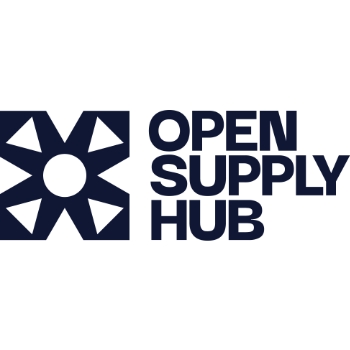 Open Supply Hub
Open Supply Hub
The Open Supply Hub, formerly the Apparel Registry (OAR) until 2022, is a free-to-use online platform that maps consumer goods t manufacturing facilities around the...
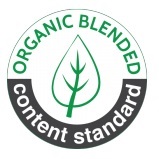 Organic Content Standard
Organic Content Standard
The Organic Content Standard (OCS) is a voluntary standard for tracking and verifying the content of organically grown materials in a final product.
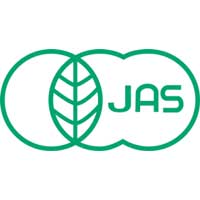 Organic Japanese Agricultural Standard
Organic Japanese Agricultural Standard
The production and processing of organic textiles sold on the Japanese market is regulated in the Japanese Agriculture Standard (JAS). These certified goods are...
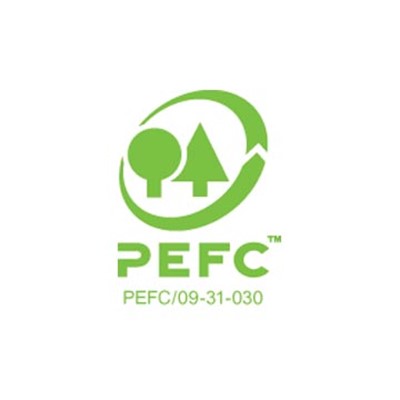 PEFC
PEFC
The Programme for the Endorsement of Forest Certification (PEFC) provides assurances that forests are managed in line with international environmental requirements,...
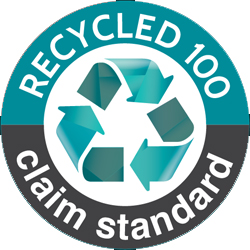 Recycled Claim Standard
Recycled Claim Standard
The Recycled Claim Standard (RCS) is a voluntary standard that tracks recycled raw materials through the supply chain to give credibility to recycled content claims on products.
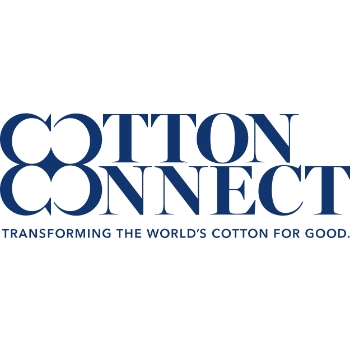 REEL Cotton
REEL Cotton
REEL Cotton is a traceable sustainable agriculture program run by CottonConnect that promotes environmentally friendly and socially responsible cotton farming.
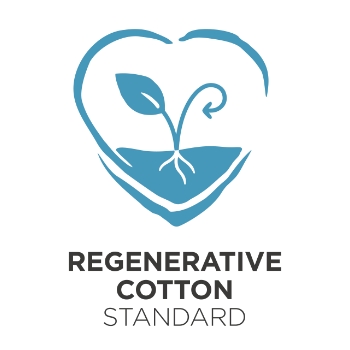 Regenerative Cotton Standard
Regenerative Cotton Standard
Developed by the Aid by Trade Foundation (AbTF), and released in November 2023, the Regenerative Cotton Standard (RCS) aims to improve the overall resilience and...
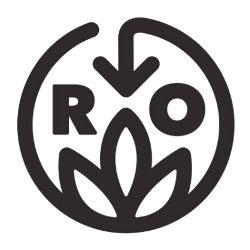 Regenerative Organic Certified
Regenerative Organic Certified
Regenerative Organic Certified was established in 2017 by a group of farmers, business leaders, and experts in soil health, animal welfare, and social fairness...
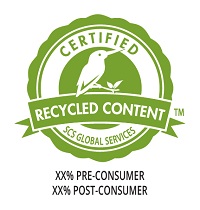 SCS Recycled Content Standard
SCS Recycled Content Standard
SCS claims that its private Recycled Content Standard helps companies to demonstrate ‘leadership in reducing reliance on natural resources’, as well as to satisfy...
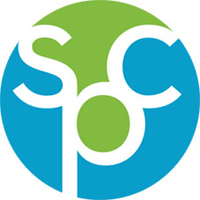 Sustainable Packaging Coalition
Sustainable Packaging Coalition
The Sustainable Packaging Coalition (SPC) is an industry working group dedicated to a more robust environmental vision for packaging. Through member support, an informed...
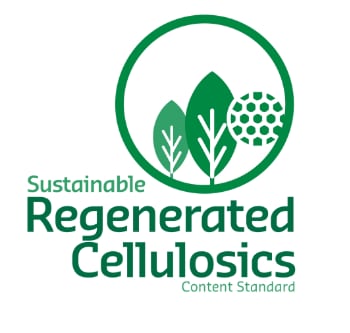 Sustainable Regenerated Cellulosics
Sustainable Regenerated Cellulosics
The Sustainable Regenerated Cellulosics Content Standard (SRCCS) formerly known as the Sustainable Viscose Chain of Custody Standard (SVCOC), was initially created by...
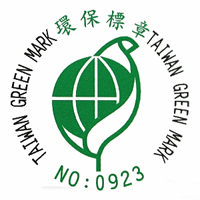 Taiwan Green Mark
Taiwan Green Mark
The Green Mark Program was launched in 1992 by Taiwan’s Environmental Protection Administration as a voluntary eco-labelling program and published its latest revision in December 2013.
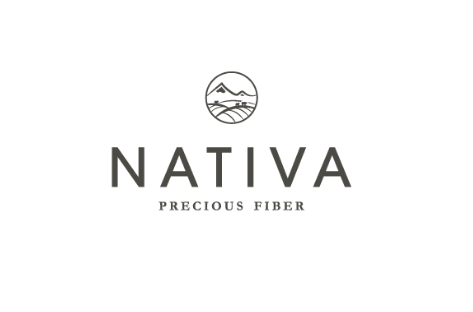 The Nativa Label
The Nativa Label
A label of the Chargeurs Group, Nativa sets a standard for stakeholders within the merino sheep industry and supply chain to meet if they’re to demonstrate a...
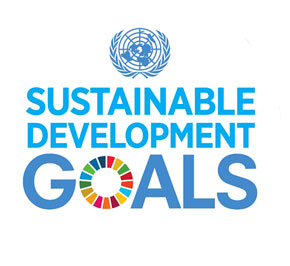 UN Sustainable Development Goals (SDGs)
UN Sustainable Development Goals (SDGs)
Launched in 2015, the UN Sustainable Development Goals (SDGs) are a universal set of goals, targets and indicators that UN member states will be expected to use to frame...
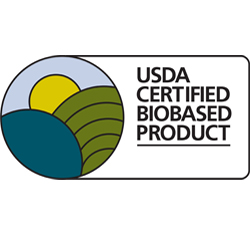 USDA BioPreferred
USDA BioPreferred
The United States Department of Agriculture administers the BioPreferred Program, which was created by the Farm Security and Rural Investment Act of 2002 (FSRIA or...
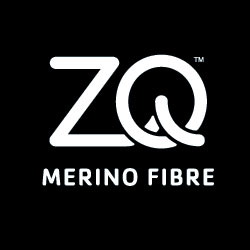 ZQ Merino
ZQ Merino
ZQ is a merino wool certification that looks at animal welfare and environmental standards. It has been developed and owned by The New Zealand Merino Company Ltd. ZQ is...


